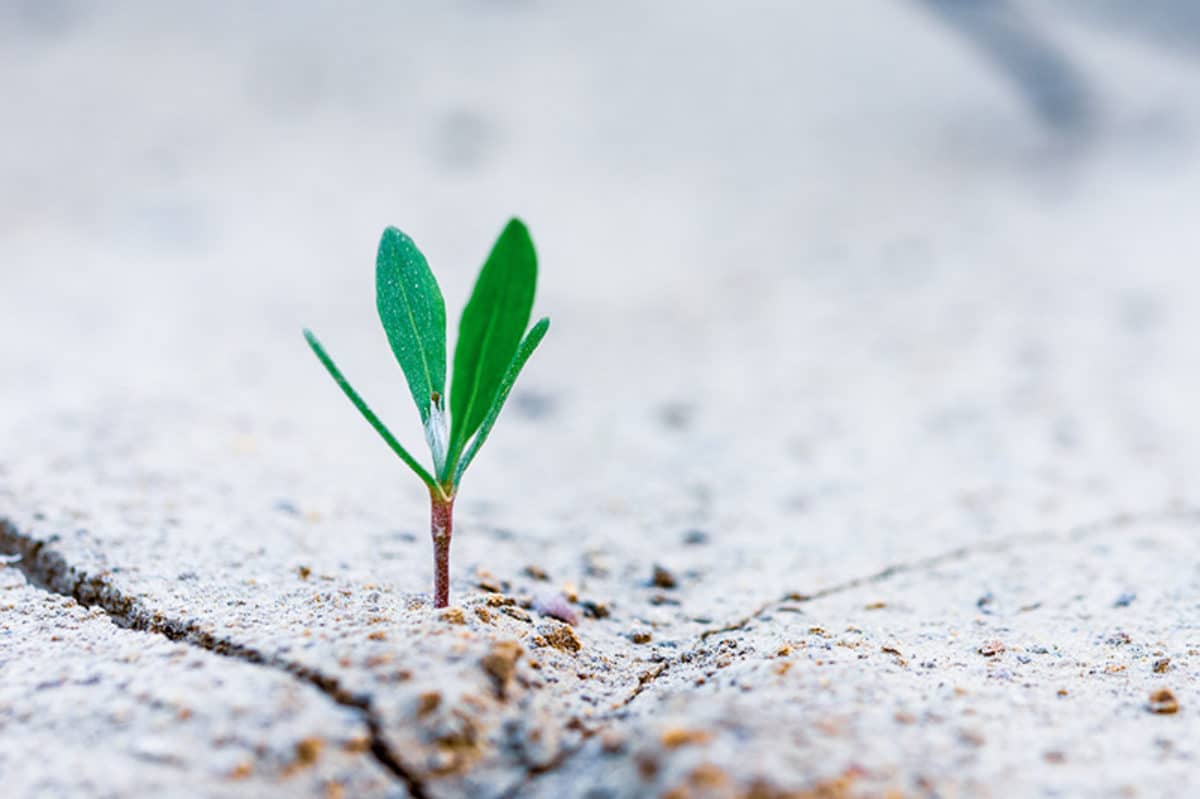Are You a Person of Resilience?
I remember my last airplane flight of the 2020 calendar year so far: March 10. Since that day, I’ve had every trip cancelled, every event, every speaking engagement go away. It’s like the walls have been falling away.
I’ve pivoted now. My meetings are by phone and Zoom, and I’ve increased communications via email and text. Instead of airports, I’m toggling between phone meetings. And out of all those meetings, there’s a variety of responses: some calm, some amazed, some incredulous.
I got a text from a friend describing his business: “Our world changed overnight.”
How do you handle all of this change?
There’s little doubt that it’s easy to slip into retreat mode—perhaps into denial. I’ve seen some people slip away to cabin retreats until “this thing passes.”
Others gobble up every piece of news like their own fever. Some fret in a paralysis of anxiety—just plain stuck. Others respond with the same boundless optimism.
Exploring the power of resilience
I was struck, however, by an article in the Harvard Business Review by Diane Coutu titled: “How Resilience Works.” Interestingly, the article was written in May 2002, several months after 9/11, another difficult time in our country. Coutu raises the question: Why do some people handle times of difficulty and trial better than others?
In the article she quotes Dean Becker, CEO of Adaptiv Learning Systems, a company that provides resilience training:
“More than education, more than experience, more than training, a person’s level of resilience will determine who succeeds and who fails. That’s true in the cancer ward, it’s true in the Olympics, and it’s true in the boardroom.”
But Coutu goes on to note importantly that resilience is not some genetic trait possessed by a few. Instead, it is something that can be learned over time.
What exactly is resilience? Coutu sums up the consensus among researchers and theorists by identifying three hallmarks of the resilient person: “a staunch acceptance of reality; a deep belief, often buttressed by strongly held values, that life is meaningful; and an uncanny ability to improvise.”
Note that resilient people are not blind optimists but realists. They accept the situation in front of them, believe that life has meaning and worth, and adapt and move forward.
In my own life, I’ve seen similar traits in people who succeed through difficulty. But to push the point further, these resilient people have a belief that God is alive and active in the world and working to accomplish His plan—even if I don’t fully understand it and accept it.
What about you? What are the traits of the resilient people that you know?
Photo by Stanislav Kondratiev on Unsplash
Share this Post
Published April 9, 2020
Topics: A Life of Faith

